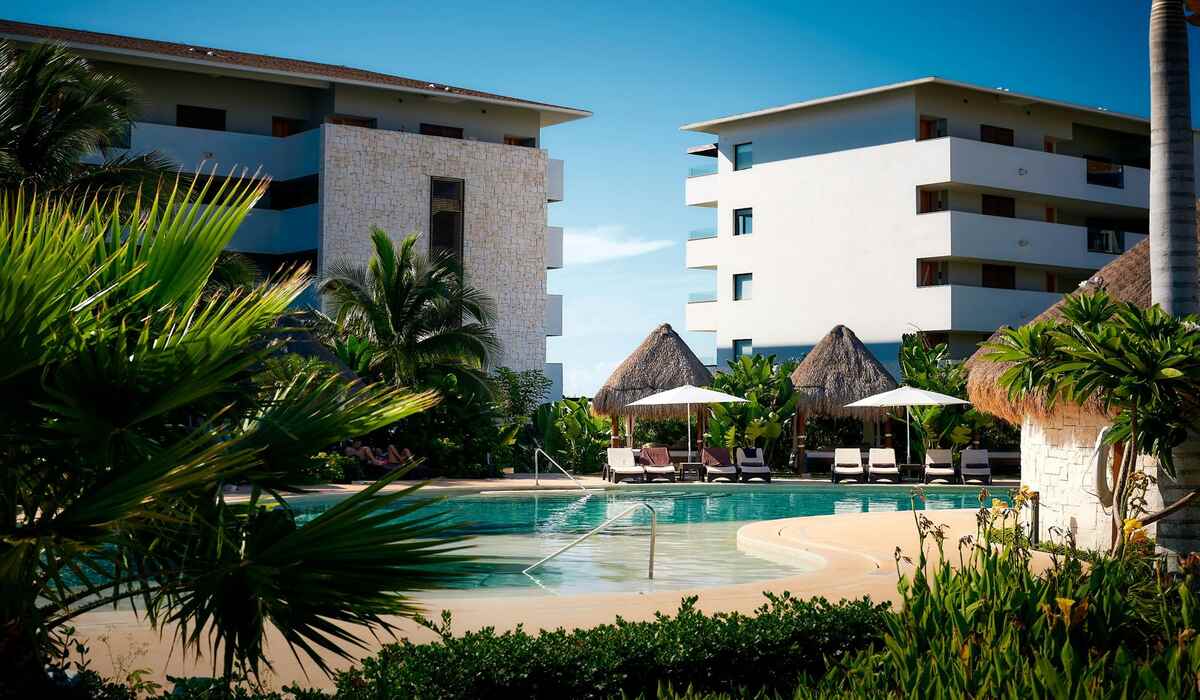Table of Contents
Millions of Americans own timeshares — but nothing lasts forever. Many eventually find themselves wanting to get out of their timeshare, whether because of rising maintenance fees, changes in family dynamics or travel preferences.
Rather than paying high fees to a timeshare exit company, a more affordable solution is to sell your timeshare on the resale market. You won’t get the full cost of your initial purchase back, but you can still recover some value by selling your timeshare on a website like SellMyTimeshareNow.
Of course, to make your timeshare as appealing as possible to potential buyers, you need to price it appropriately. Understanding how to estimate your value before you sell is an important first step.
Look at Comparable Advertisements
One of the best ways to get an idea of what your timeshare is worth is to look at comparable advertisements on websites like SellMyTimeshareNow. In some cases, you may be able to find similar timeshares at your exact resort, giving you a clear perspective of what price range you should consider for your timeshare. Keep in mind that each owner sets the asking price for their advertisement, so you may see a range of values represented.
Even when resort-specific advertisements aren’t available, you can look at ads in the same area or with similar amenities to your current resort. You should also check factors like the season or unit size to ensure you’re making a true apples–to–apples comparison.
Understand Market Conditions
Just like with traditional real estate, supply and demand will have a big impact on the estimated value of your timeshare. If your timeshare is in a high-demand area with limited availability, you may be able to set a higher resale price due to strong buyer interest. On the other hand, if your area has a lot of supply or there are a lot of similar ownerships on the market, you will probably have to set a lower price for your advertisement to stand out.
Consider Your Individual Timeshare
One of the most important aspects of pricing your timeshare competitively is looking at its individual attributes, especially when it comes to ownership type and unit size.
Fixed-week timeshares tend to have a lower resale value because they lack flexibility in vacation planning. If your timeshare week doesn’t line up with a potential buyer’s schedule, they won’t even consider it. However, there are exceptions to every rule. If you own a fixed holiday season week at a desirable resort, for instance, your resale value may be significantly higher than the average.
On the other hand, floating week timeshares (which offer a set of weeks within a season) and point-based timeshares will generally have a higher resale value thanks to their added flexibility. A timeshare that offers peak season access will be able to get a higher price as well.
Your timeshare unit will also play a role. The larger your unit, the more you can sell it for, as this gives resale owners more options for using the unit with friends or family.
Don’t Overlook Timeshare Fees
Maintenance fees and special assessments are a common motivating factor for timeshare owners to sell. ARDA reports that the average annual timeshare maintenance fee has grown from $1,080 in 2019 to $1,260 in 2023, but exact fees can vary based on unit size, resort location and other factors. You’ll need to be upfront about what timeshare fees apply to your resale when creating your advertisement on sites like SellMyTimeshareNow so potential buyers know what to expect.
In addition to maintenance fees, some timeshares also have booking fees and other administrative charges, as well as exchange fees for using points at a different location. Generally speaking, a timeshare with higher maintenance fees or additional fees that aren’t found at most timeshare resorts will need to be priced more competitively to attract prospective buyers.
Consider Location, Amenities and Club Affiliation
Finally, timeshare resellers should consider their resort amenities and location. Timeshares in popular areas like Hawaii will generally have more demand and command a higher resale value than a timeshare that is off the beaten path.
Going beyond the resort location, the number and type of amenities at a resort will also play a role in determining your resale value. Popular amenities like swimming pools, golf courses and restaurants will increase the value of the timeshare in comparison to a resort that doesn’t have many amenities.
The vacation club affiliated with the resort could also play a role, particularly with points-based timeshares. Popular or large vacation clubs like Disney or Hilton can provide access to a wide range of resorts across the country (and even internationally). A vacation club with a large portfolio of diverse resorts will make the “home” timeshare unit more appealing and valuable. Of course, a more accessible and easy-to-use points system will make a bigger difference in this case.
Setting the Right Price
Although it’s unlikely you’ll recover the full cost of your original timeshare purchase, pricing it strategically can help you recoup meaningful value — and sell faster. By taking into account the key factors above, you’ll be better equipped to determine a competitive and realistic resale price. Tools and platforms like SellMyTimeshareNow can streamline this process, helping you attract serious buyers and move on from timeshare ownership with greater peace of mind and a little extra cash in your pocket.


